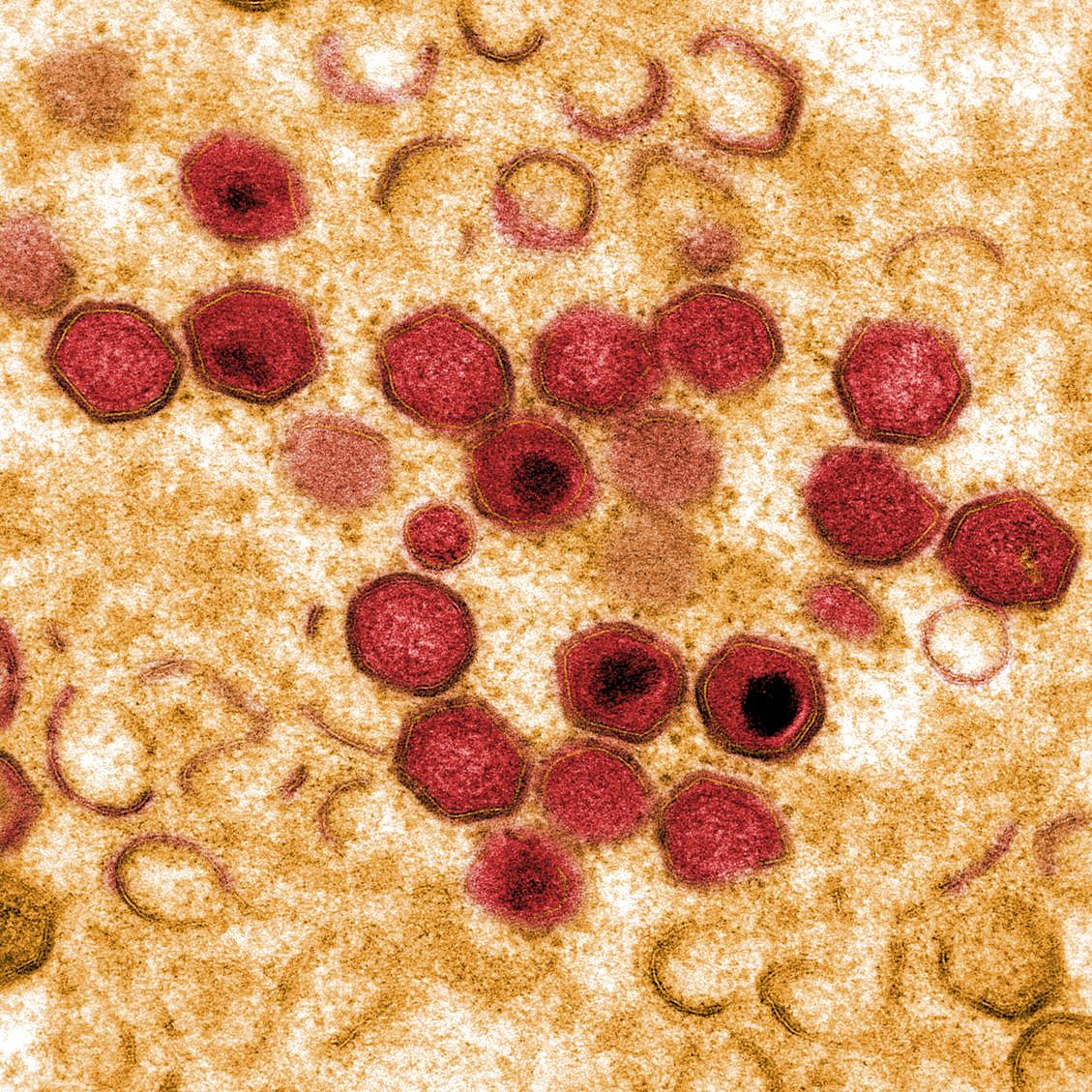Macrophage transcriptional responses following in vitro infection with a highly virulent African swine fever virus isolate
We used a porcine microarray containing 2,880 cDNAs to investigate the response of macrophages to infection by a virulent African swine fever virus (ASFV) isolate, Malawi LIL20/1. One hundred twenty-five targets were found to be significantly altered at either or both 4 h and 16 h postinfection compared with targets after mock infection. These targets were assigned into three groups according to their temporal expression profiles. Eighty-six targets showed increased expression levels at 4 h postinfection but returned to expression levels similar to those in mock-infected cells at 16 h postinfection. These encoded several proinflammatory cytokines and chemokines, surface, proteins, and proteins involved in cell signaling and trafficking pathways. Thirty-four targets showed increased expression levels at 16 h postinfection compared to levels at 4 It postinfection and in mock-infected cells. One host gene showed increased expression levels at both 4 and 16 h postinfection compared to levels in mock-infected cells. The microarray results were validated for 12 selected genes by quantitative real-time PCR. Levels of protein expression and secretion were measured for two proinflammatory cytokines, interleukin 1 beta and tumor necrosis factor alpha, during a time course of infection with either the virulent Malawi LIL20/1 isolate or the OUR T88/3 nonpathogenic isolate. The results revealed differences between these two ASFV isolates in the amounts of these cytokines secreted from infected cells.
Back to publications
